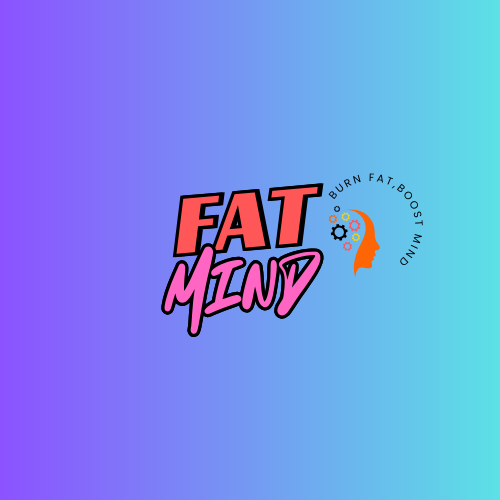Introduction: How Stress Contributes to Belly Fat
Stress is a natural response to challenges, but chronic stress can lead to serious health problems including belly fat accumulation. Research shows that prolonged stress triggers hormonal imbalances that encourage fat storage, especially around the abdomen.
But why does stress lead to belly fat? And how can managing stress help with weight loss and overall health? This article explores the scientific connection between stress and belly fat, along with holistic strategies to break the cycle.
The Science Behind Stress and Fat Storage
The Cortisol Effect: Stress Hormones and Belly Fat
- Cortisol, the primary stress hormone, plays a key role in fat accumulation.
- When stress levels rise, the body releases cortisol to mobilize energy but when stress is chronic, it causes excess fat storage in the abdominal area.
- High cortisol levels also increase cravings for high-calorie, sugary foods, leading to overeating.
Insulin Resistance: How Stress Disrupts Blood Sugar
- Chronic stress causes insulin resistance, making it harder for cells to use glucose for energy.
- This leads to higher blood sugar levels, which the body converts into stored fat mostly around the belly.
- Insulin resistance is also linked to mood swings, fatigue, and difficulty losing weight.
Emotional Eating and Unhealthy Food Choices
- Stress increases cravings for comfort foods that are high in sugar and unhealthy fats.
- Emotional eating becomes a coping mechanism, leading to caloric surplus and weight gain.
- Late-night snacking and stress-induced binge eating are common in individuals experiencing chronic stress.
Sleep Disruptions and Fat Storage
- Stress often leads to poor sleep quality, which increases ghrelin (hunger hormone) and decreases leptin (satiety hormone).
- This hormonal imbalance makes people hungrier and more likely to overeat, further contributing to belly fat accumulation.
How to Break the Stress-Fat Cycle: Holistic Solutions
Nutrition: Eating to Reduce Stress and Belly Fat
- Increase Magnesium-Rich Foods: Nuts, seeds, dark leafy greens, and dark chocolate help regulate cortisol.
- Eat More Protein and Fiber: Stabilizes blood sugar and prevents stress-induced cravings.
- Reduce Processed Sugars and Refined Carbs: Prevents blood sugar spikes that trigger fat storage.
Exercise: The Ultimate Stress Reliever
- Cardio (Running, Walking, HIIT): Lowers cortisol and burns excess fat.
- Strength Training: Builds muscle, improves metabolism, and reduces stress.
- Yoga and Deep Breathing Exercises: Activates the parasympathetic nervous system to lower stress levels.
Sleep Optimization: Resetting Stress Hormones
- Follow a Consistent Sleep Schedule: Going to bed and waking up at the same time stabilizes cortisol levels.
- Limit Blue Light Exposure: Avoid screens before bed to improve melatonin production.
- Create a Relaxing Night Routine: Herbal teas, meditation, and reading can promote deeper sleep.
Stress Management Techniques
- Mindfulness and Meditation: Helps regulate emotions and lower cortisol.
- Journaling: Writing down thoughts can reduce stress-related emotional eating.
- Social Support: Talking to loved ones or joining a community reduces anxiety and stress levels.
Conclusion: Managing Stress for a Healthier Body and Mind
Chronic stress is one of the biggest contributors to belly fat accumulation. By understanding the role of cortisol, insulin, emotional eating, and sleep, you can take holistic steps to break the cycle and achieve a healthier body and mind.
Next Steps:
- Read More: [Best Foods to Reduce Cortisol and Burn Belly Fat]
- Try This: [5-Minute Meditation to Lower Stress and Lose Weight]
